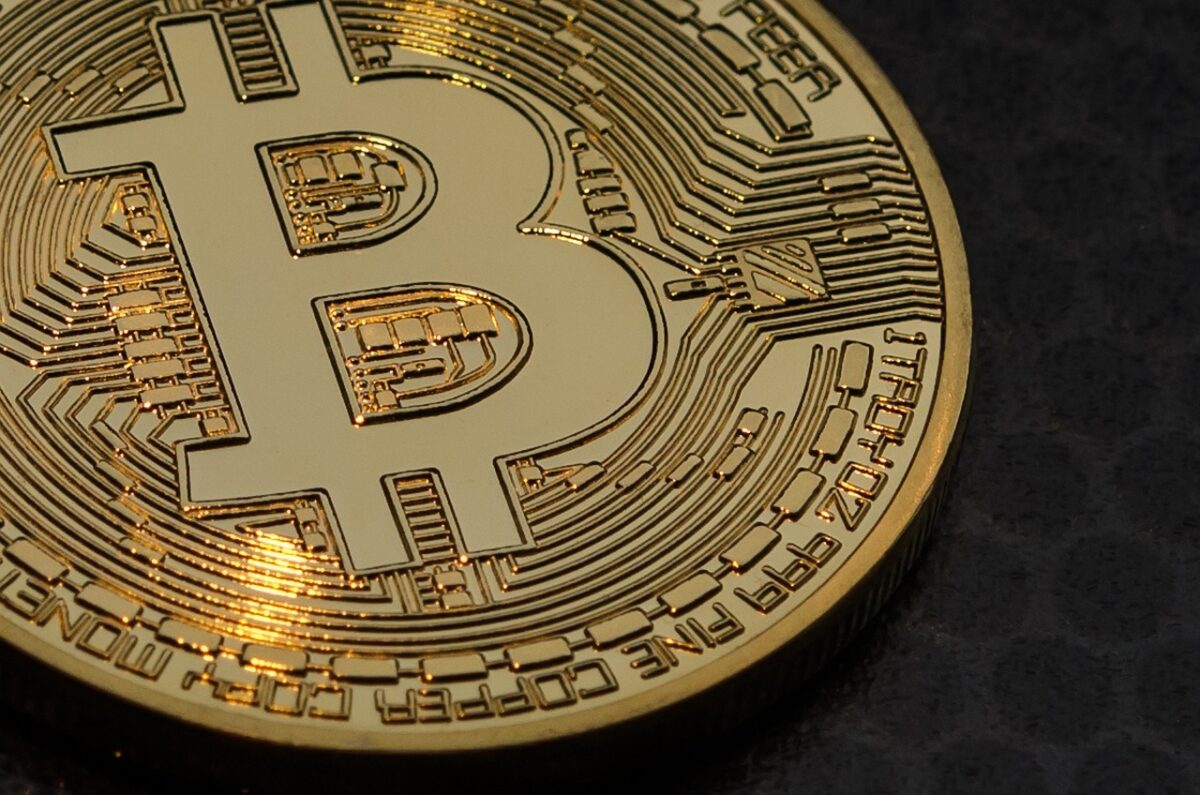Bitcoin, the world’s first decentralized digital currency, has revolutionized the way we store and transfer money. Unlike traditional currencies, Bitcoin is not backed by any government or financial institution. Instead, it relies on a network of computers to verify and record every transaction. But how is Bitcoin saved? In this article, we’ll take a closer look at the various ways in which Bitcoin can be stored and secured.
The first thing to understand is that Bitcoin is not stored in a physical wallet or bank account. Rather, it exists as a series of digital transactions on the blockchain. The blockchain is a decentralized public ledger that records every transaction ever made on the Bitcoin network. Each transaction is verified by a network of computers, known as nodes, and then added to the blockchain.
To access and spend your Bitcoin, you need a private key. A private key is a long string of letters and numbers that gives you access to your Bitcoin wallet. Anyone who has your private key can access your Bitcoin, so it’s crucial to keep it secure.
There are several types of Bitcoin wallets, each with its own pros and cons. The two most common types are software wallets and hardware wallets.
Software wallets are digital wallets that are stored on your computer or mobile device. They can be downloaded as an app or software program and are easy to use. Some popular software wallets include Electrum, Exodus, and Mycelium. Software wallets are free and convenient, but they are also vulnerable to hacking and malware attacks.
Hardware wallets, on the other hand, are physical devices that store your private keys offline. They are the most secure way to store your Bitcoin because they are not connected to the internet. Some popular hardware wallets include Ledger and Trezor. Hardware wallets are more expensive than software wallets, but they are worth the investment if you hold a significant amount of Bitcoin.
Another way to secure your Bitcoin is by using a paper wallet. A paper wallet is a physical piece of paper that has your private key written on it. Paper wallets are free and easy to create, but they are also vulnerable to damage and loss. If you lose your paper wallet or it gets damaged, you will lose access to your Bitcoin forever.
Regardless of which type of wallet you choose, it’s essential to keep it secure. Here are some tips for keeping your Bitcoin safe:
1. Use a strong password and never share it with anyone.
2. Enable two-factor authentication on your wallet.
3. Keep your wallet software up to date with the latest security patches.
4. Back up your wallet regularly and store the backup in a secure location.
5. Never click on suspicious links or download unknown software.
In conclusion, Bitcoin is saved on the blockchain, a decentralized public ledger that records every transaction. To access and spend your Bitcoin, you need a private key, which can be stored in a software wallet, hardware wallet, or paper wallet. Regardless of which type of wallet you choose, it’s crucial to keep it secure by using a strong password, enabling two-factor authentication, and backing up your wallet regularly. With the right precautions, you can safely store and protect your Bitcoin for years to come.

